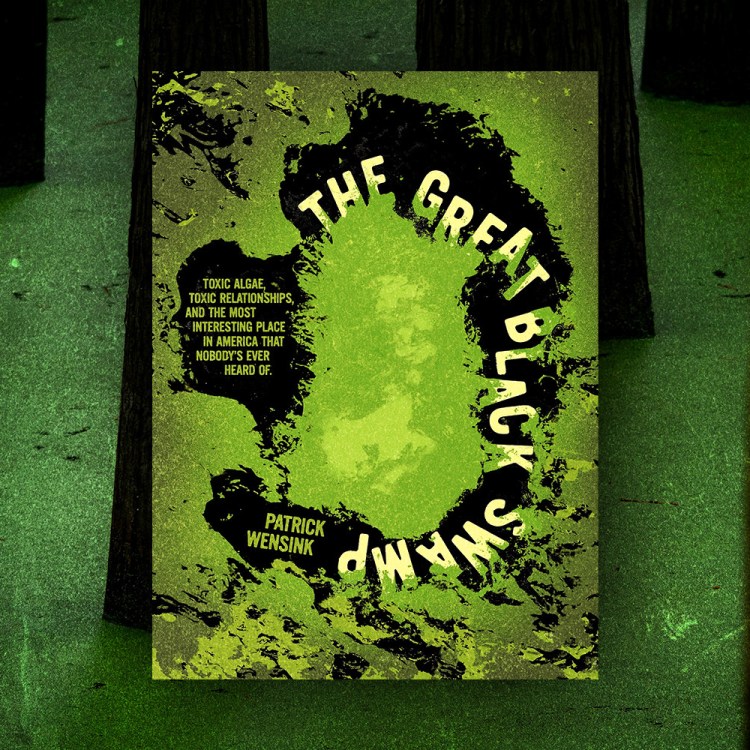There is no doubt that the history of science is filled with fortuitous finds and moments of unanticipated connection, writes Smithsonian Magazine. A lot of things have come out of accidental moments of discovery: Alexander Fleming returning from vacation and discovering the world’s first antibiotic; Chinese alchemists who invented gunpowder while testing a prescription for eternal life; Archimedes discovering the principles of volume while sloshing about in his bath. Many of these “Eureka!” moments are all documented in research engineer Richard Gaughan’ book Accidental Genius: The World’s Greatest By-Chance Discoveries. Below are some other scientific moments that changed the world.
Newton’s Law of Universal Gravitation (1666): We all know the story about Issac Newton’s apple-driven “Eureka!” moment. The legendary tree still stands at Woolsthorpe Manor.
Electromagnetism (1820): Danish scientist Hans Christian Oersted was giving a lecture demonstration with an early battery when he happened to place a compass near the battery and was surprised to see that compass needle moved. Oersted tinkered with reproducing this result for several months. Then he published a pamphlet that shocked the scientific community, showing that electric current actually generates a magnetic field.
Vulcanized Rubber (1839): Charles Goodyear was convinced that rubber was a miracle product of the future. He tried many things, but nothing work until he accidentally charred some rubber on a hot wood stove.
The Microwave (1946): Raytheon engineer Percy Spencer also had a peanut bar in his pocket to feed the squirrels at lunch. He was boosting the power of his company’s radar sets when he discovered it had melted. Amazed, he tried putting an egg under the magnetron tube—and it exploded. The next day, he brought kernels of corn and made popcorn for his coworkers.
Viagra (1998): The pill was originally created to treat heart conditions. The idea was that it would relax blood vessels near the heart to improve circulation. It did not perform well in clinical trials, but male patients had a surprising reaction to it. Pfizer’s Chris Wayman found that Viagra relaxed blood vessels in the penis, so men who had trouble with erections no longer had trouble.
Thanks for reading InsideHook. Sign up for our daily newsletter and be in the know.


















